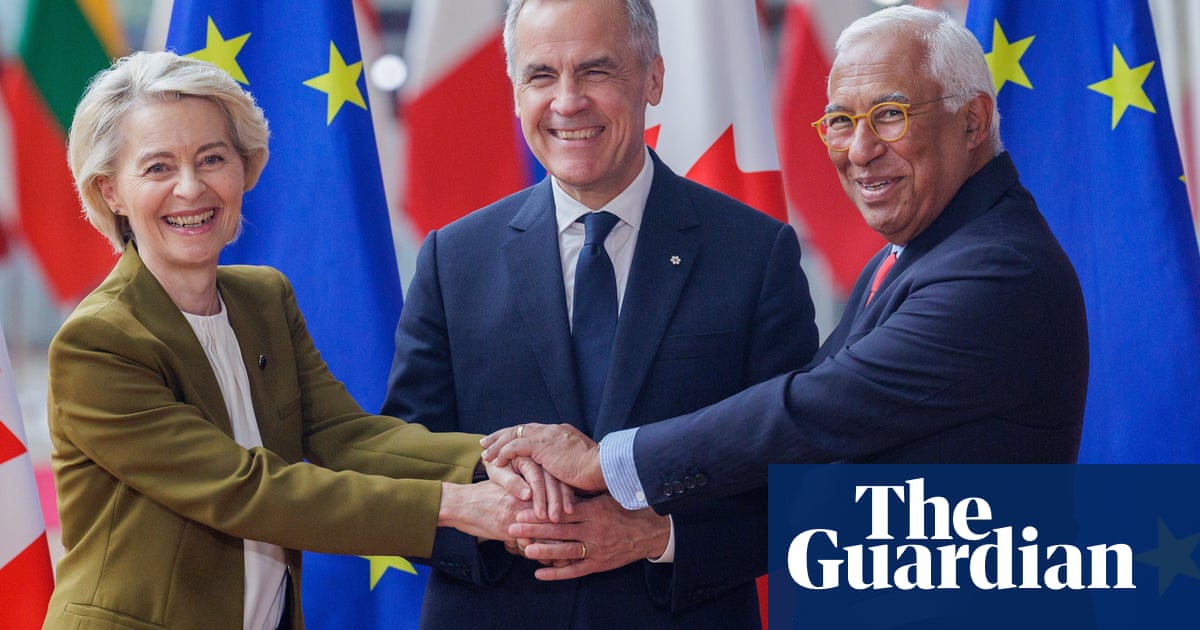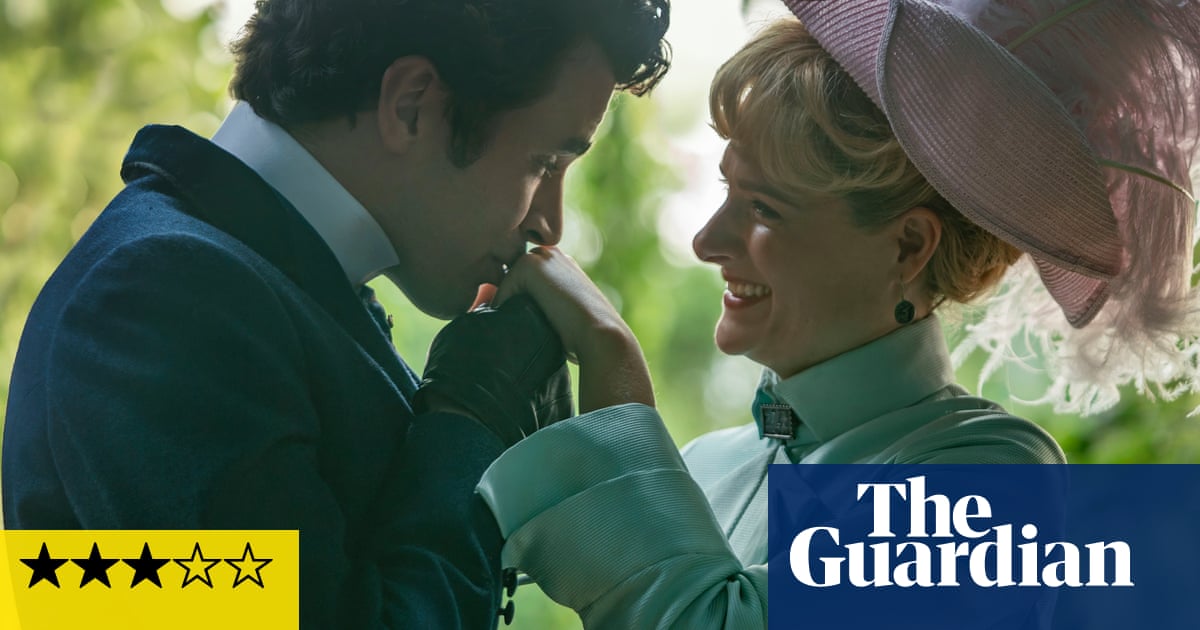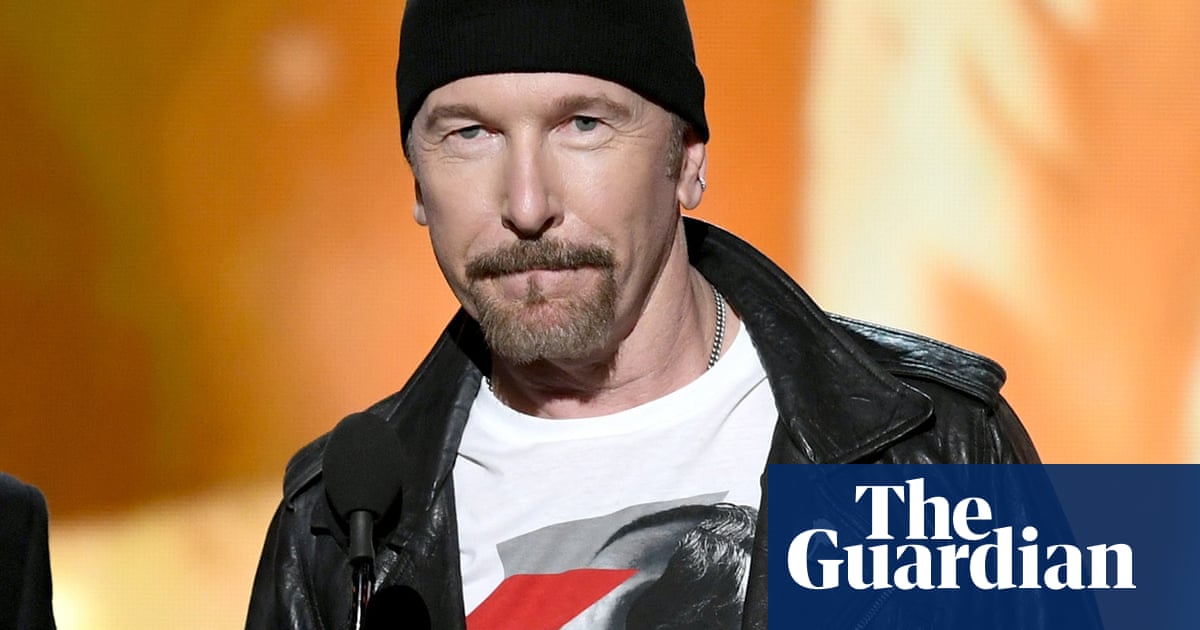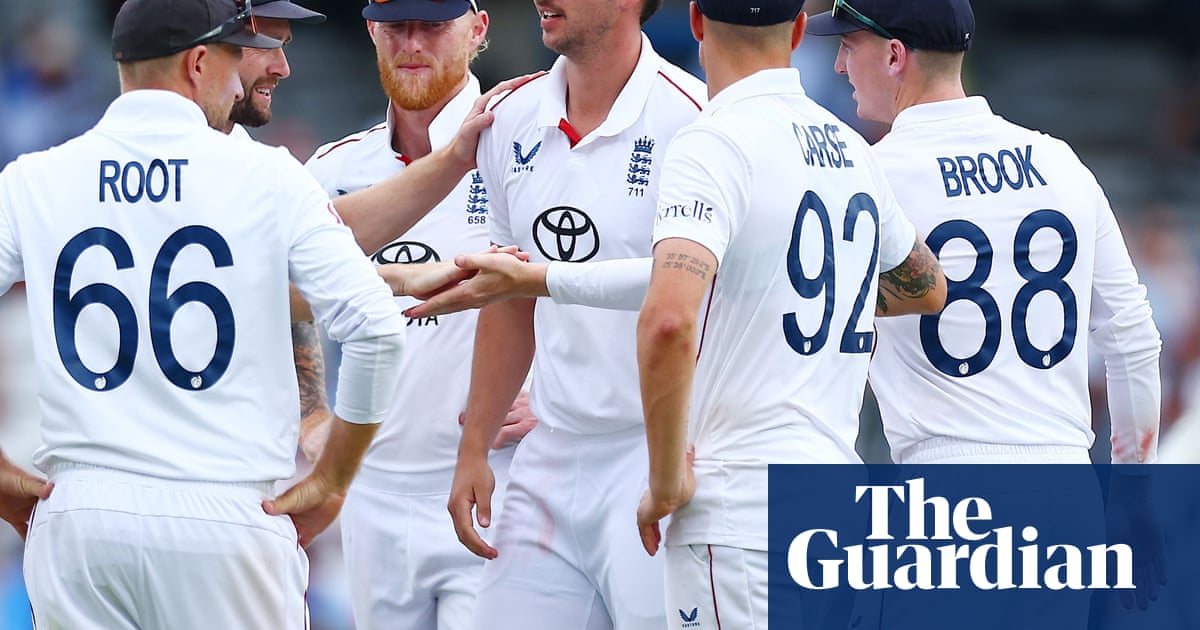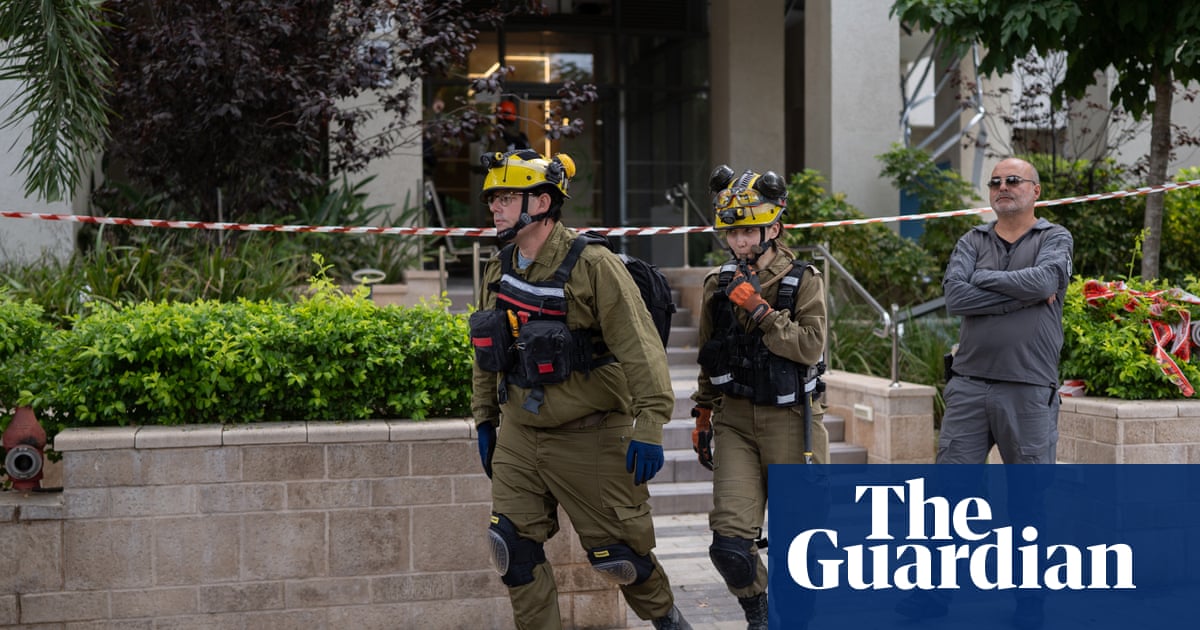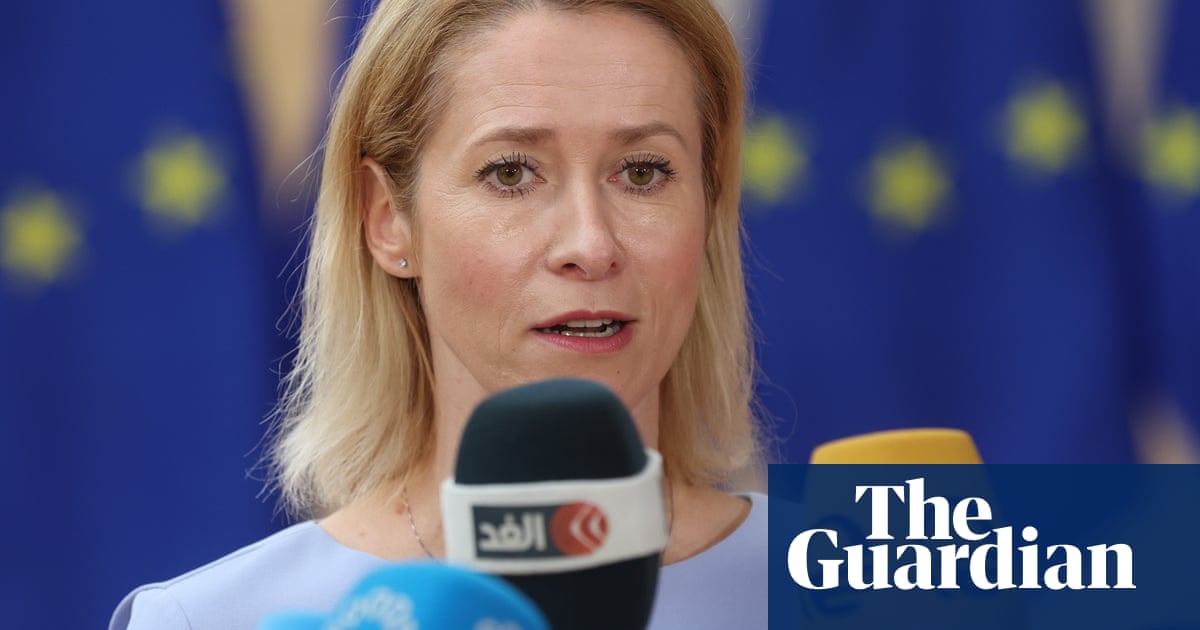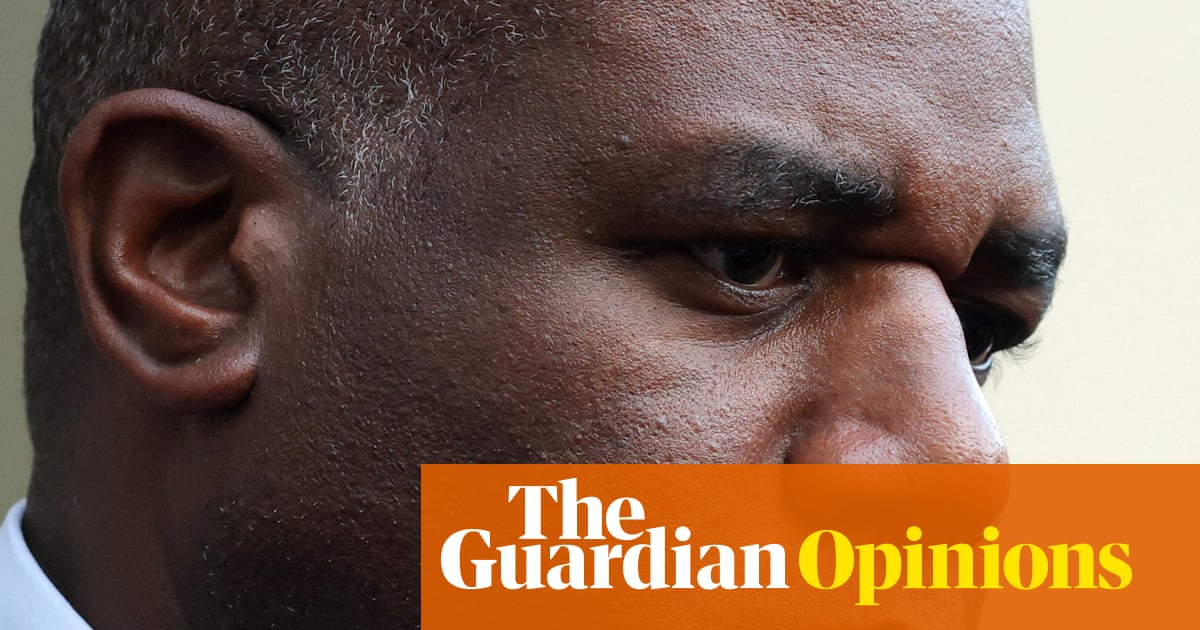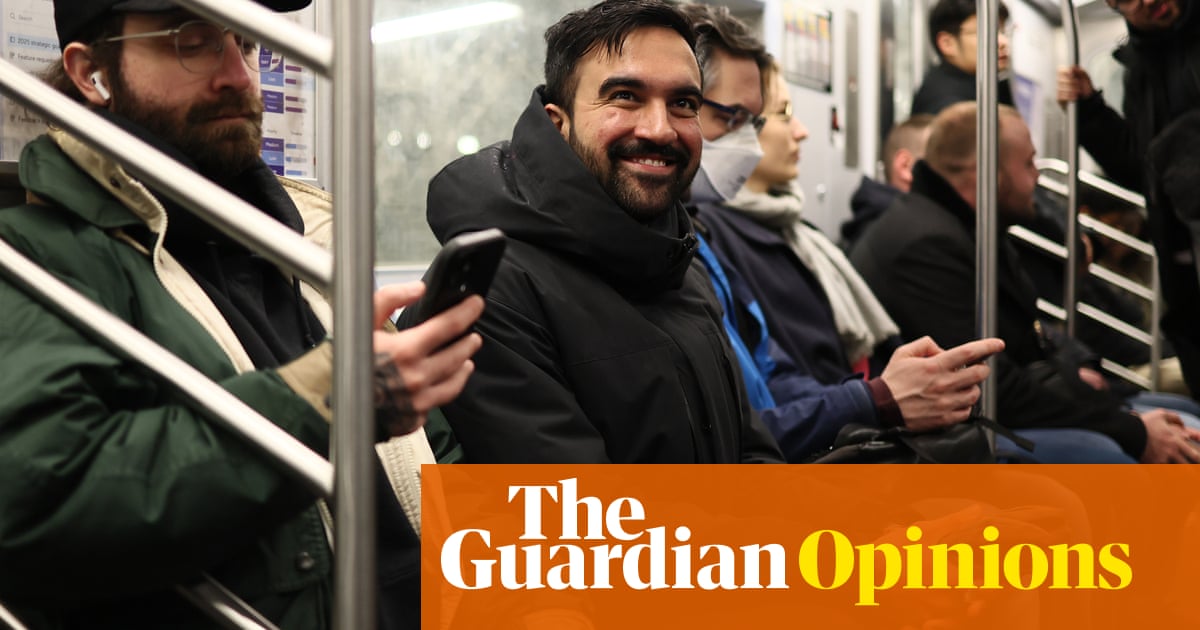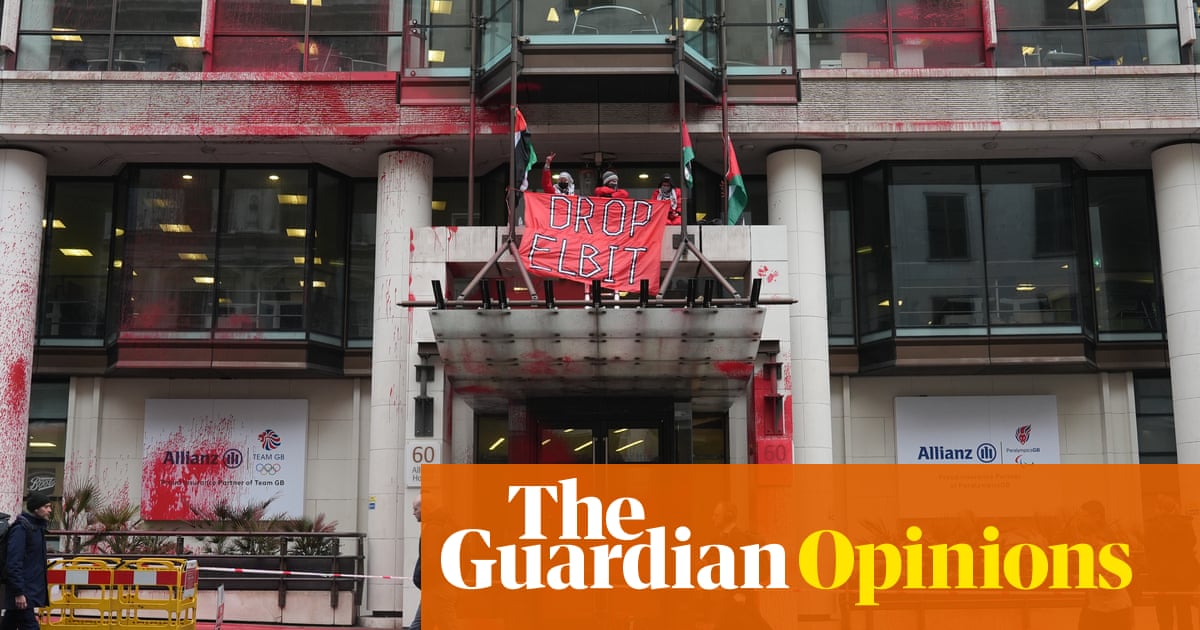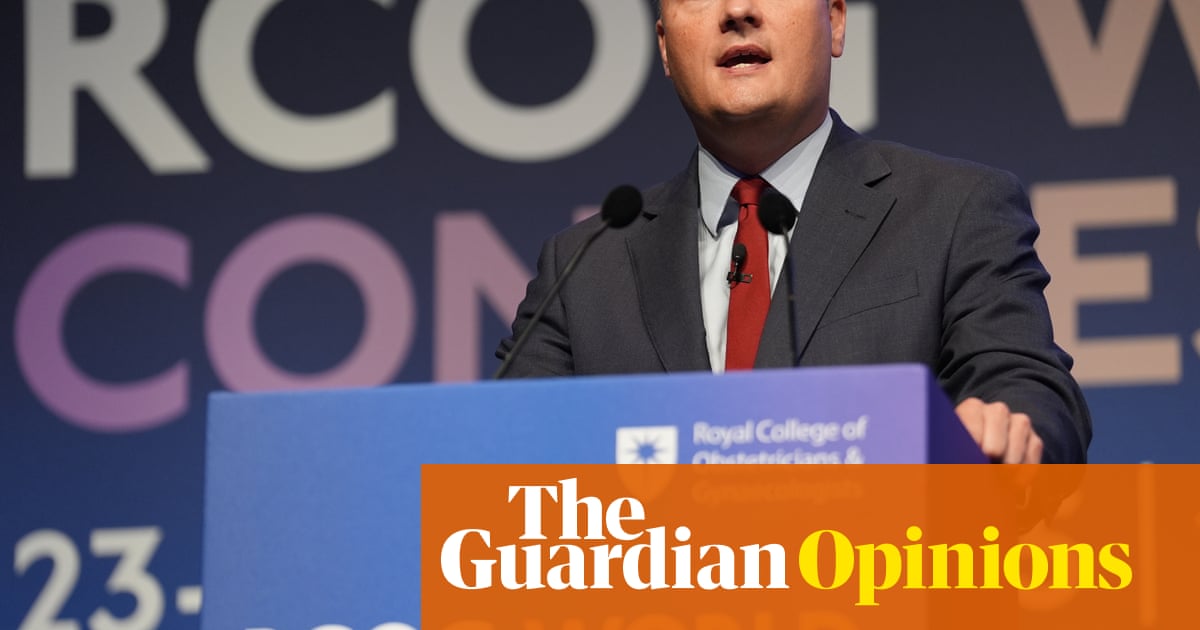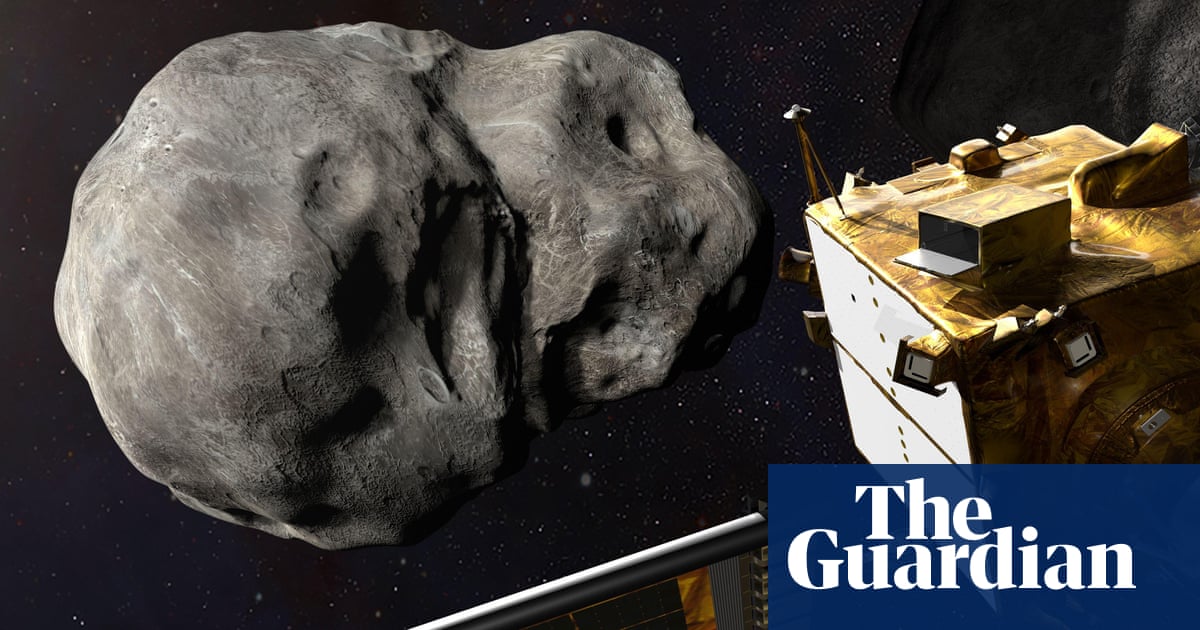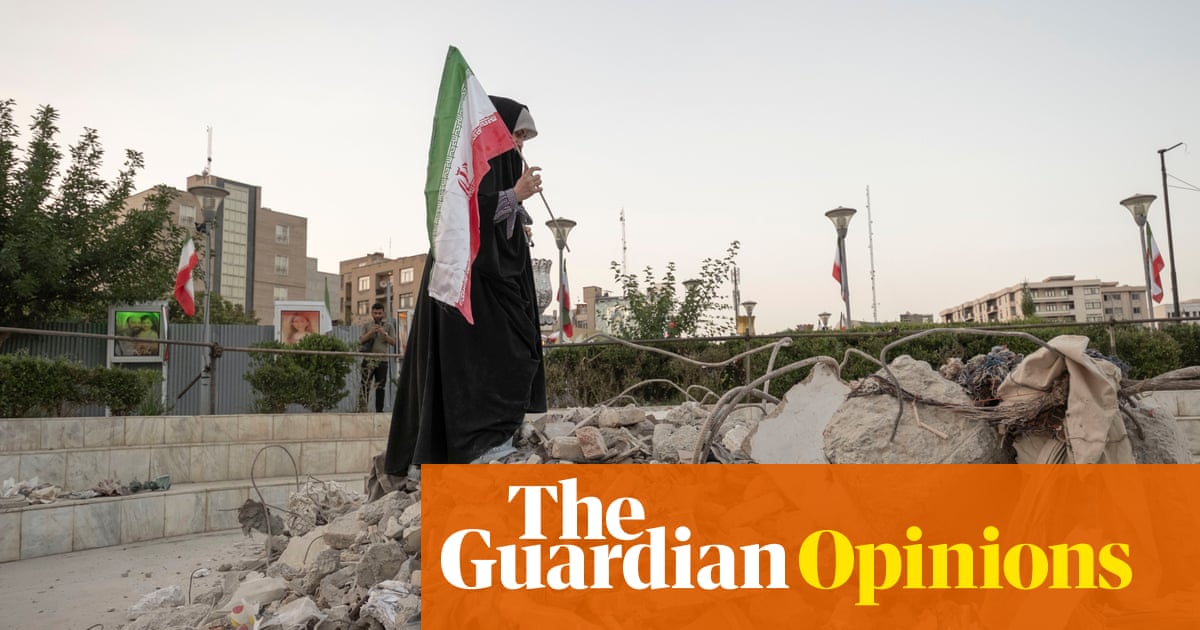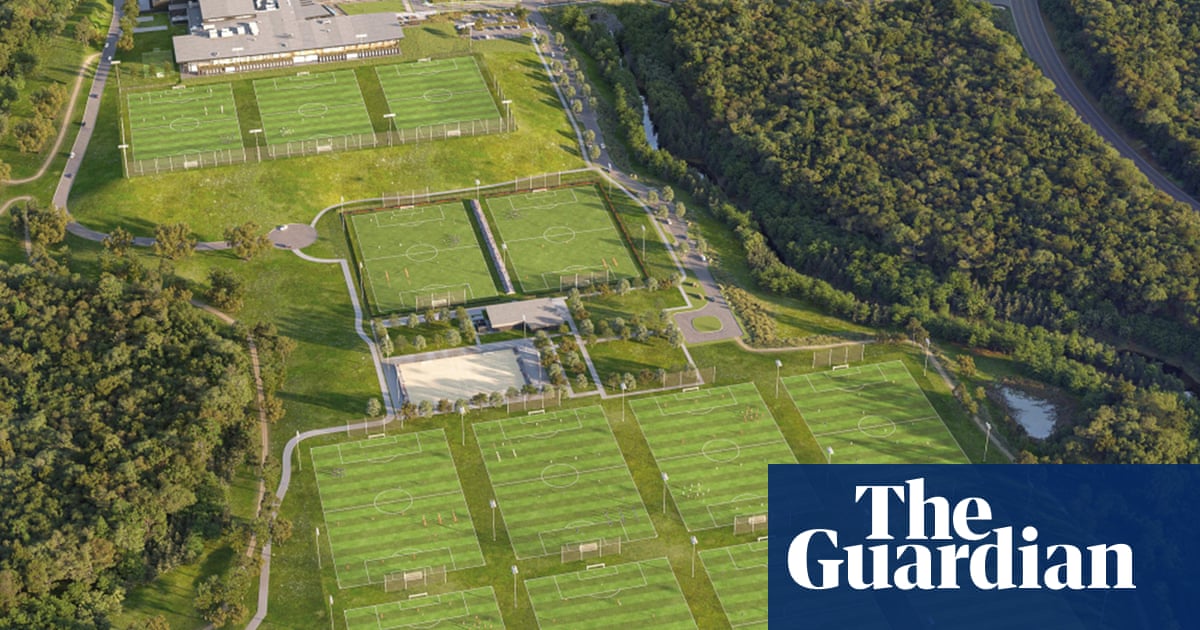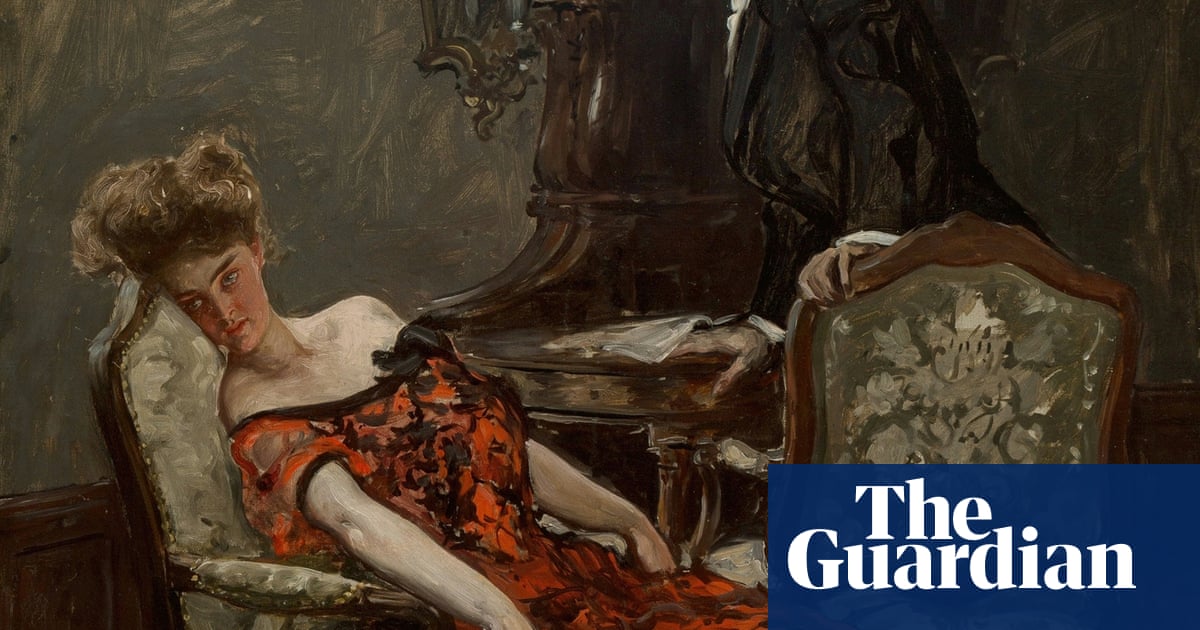Mark O’Sullivan is still buzzing from winning a Royal Television Society (RTS) award for his documentary, My Sexual Abuse: The Sitcom. “I’m grinning like a mid-party Michael Gove,” he chuckles. “It’s lovely for it to be recognised as an important and powerful piece. I just got a message from someone I knew years ago to say they’d seen the news about the award, watched the show and finally felt able to say they were also abused. That moved me to tears. Again!”
Comedian and writer O’Sullivan – co-star of cult Channel 4 sitcom Lee & Dean and creator of ITV teen drama Tell Me Everything – is now launching the weekly podcast Making Lemonade. It explores the healing power of creating something positive out of negative experiences, after his own life was radically transformed by his deeply personal film, confronting the abuse he suffered as a child. When he was 12, O’Sullivan began to be sexually assaulted by a member of his extended family. He reported it to the police when he was in his 30s. The culprit was convicted, imprisoned and has since died. Last May’s Channel 4 documentary followed O’Sullivan’s attempt to make mirth from what he endured, by creating an 18-minute TV comedy about his experiences, which was available online on Channel 4. It made for audacious TV, by turns heartbreaking and darkly hilarious.
The positive outcomes of the show are reflected in his podcast’s title – which is about the power in making the proverbial lemonade out of the lemons that life throws at you.“Creating my documentary has helped me more than anything else,” he says. “I’ve had so much therapy over the last few decades. I’ve done them all: sitting down talking, tapping your face and following the dot, lying on the floor shaking, a psilocybin retreat in the Netherlands. It was all helpful but what made the biggest difference was doing the documentary. I have a completely different relationship to my past now. This thing that had dominated every day of my life no longer has the same hold over me. I can’t describe how wonderful that is. I’ve been through some nasty stuff but speaking about it has been the best thing I’ve ever done.”
For O’Sullivan, it proved the therapeutic power of creative expression in overcoming hardship. “It’s the act of going: ‘It’s really shit, this thing that I’ve been given, this thing I can’t just put down. But I can choose what it looks like and how heavy it is. I can make something new out of it.’ Difficult stuff often gives us a fuel that we wouldn’t necessarily have otherwise. I’ve spoken to many people about their horrible experiences. Most eventually say: ‘But if the bad thing hadn’t happened, I wouldn’t be doing this good thing.’ That’s what Making Lemonade is about.”
Guests in early episodes include broadcaster Nicky Campbell, Charlotte Nichols, the Labour MP for Warrington North, athlete Iwan Thomas and comedian Anna Morris, each talking candidly about the challenges they’ve faced and the positives that have emerged from them. Campbell, who went public in 2022 about being physically abused and molested at Edinburgh Academy school, was the first guest on O’Sullivan’s wishlist.
“Our experiences have lots in common,” he says. “When Nicky started speaking out, I felt grateful that someone of his profile was being so open. He’s done incredible campaigning work since. I was over the moon when he said yes. He speaks about how making music has helped him, as well as setting up support communities. That’s an important point. When I say creating something, I don’t only mean artistically. It can be tangible or it can happen inside us. Any type of post-traumatic growth. Everyone’s lemonade is different. I’m not saying: ‘Paint an egg! Do a collage!’ Nothing against collages or egg-painting. I’m just saying that good can come out of any situation.”
After the response to My Sexual Abuse: The Sitcom, O’Sullivan became an ambassador for the rape and sexual abuse support charity The Survivors Trust. It’s a move that makes sense considering how many survivors have been touched by his work. Since the documentary aired, thousands of victims have been in touch. “For months, I was getting multiple messages daily,” says O’Sullivan. “It’s still very regular. People thank me for sharing my experience and say they now feel able to share theirs. Some finally went to the police or told their partner. I feel two things about that: sad there are so many people going through such pain and happy I’ve played a small role in allowing them to say it out loud.”
Labour party politician Nichols clearly benefits from this approach during her appearance on Making Lemonade, albeit discussing a different issue – her experience of antisemitic threats. “That was a really moving but also fun conversation. Charlotte talks about having post-traumatic stress disorder and how she copes. What’s come out of it is that it’s only strengthened her drive to help people. It’s made her even more determined to bring about change.” But alongside the famous names are ordinary people with extraordinary stories. “It’s important for me to feature people not in the public eye,” says O’Sullivan. “This needs to be relatable and universal. None of us go through life untouched by awful things. You might not have heard of some guests but they’re just as inspiring.”
These include Andrea Brady, who founded a charity after losing her 27-year-old daughter Jess to cancer. “That’s a helluva conversation,” says O’Sullivan. “I’m welling up thinking about it. Coming out of lockdown, Jess was ill and being turned away by doctors with: ‘It’s probably long Covid’. By the time they discovered stage 4 adenocarcinoma, it was too late. Jess died three weeks later. Andrea became a campaigner by accident to improve diagnosis of cancer in young adults.” Her proposed legislation calls for patients’ cases to be elevated for review after the third contact with their GP surgery. “It’s called Jess’s Law,” says O’Sullivan. “They’ve already got doctors doing things differently and saving lives.”
Matt Hollingham, a PhD student whose partner Lovisa was killed by a speeding car, talks about what he’s doing in her memory. “That’s another difficult conversation but he is such an admirable young man,” says O’Sullivan. “If I’d have had anything like Matt’s strength and outlook at his age, I don’t know what I’d have achieved by now.” He meets Dan Breeze, a victim of the infected blood scandal. “Dan’s episode is a bit different,” says O’Sullivan. “We follow his journey to making his lemonade, from its inception to a live premiere of his work.”
Although it’s made in association with Acast and Spirit Studios, Making Lemonade is entirely crowdfunded and produced by volunteers. “I didn’t know if anyone would donate but lots did. People have lent their expertise for free. That generosity and support enabled me to get the podcast on its feet. Maybe one day we’ll get a sponsorship deal with R White’s. Or Fentimans if we’re posh enough.”
He stresses that he’s a beginner at this podcast business. “I’m no expert, I’m just some prick. I don’t interview people as such, we just chat. I try not to speak too much myself because I get irritated by podcasts going: ‘Today, we’re talking to this person …’ then you barely hear from them. Tone-wise, I aimed for something like Cariad Lloyd’s Griefcast, which I adore. Things get emotional but there’s lots of laughter as well. Being daft is my happy place, so I find humour where I can. It’s a sanity valve. I hope listeners send in their own experiences, too. I want to create a safe space where we share stories from everyone.”
He’s all too aware of the prevailing podcast landscape. “Let’s face it, nobody needs yet another podcast from a white, middle-aged man,” he laughs. “It’s fucking ridiculous. That’s why it’s vital to feature people from all walks of life with all manner of experiences. Everything feels shit out there. We need as much light as we can get. This podcast is about that, as much as the dark stuff. I hope listeners will be inspired, either to give themselves a pat on the back for what they’ve already managed, or to do that thing that’s been nagging away at the back of their mind. Making sense, making peace, making something – it’s all making. Trauma can destroy lives. What better response to destruction than creation?”
If O’Sullivan’s experiences are anything to go by, it might even win you an RTS award. “I worked out that the last thing I won was an Easter egg at the primary school raffle in 1986,” concludes O’Sullivan. “So I reckon I was due something!”

 2 months ago
58
2 months ago
58
